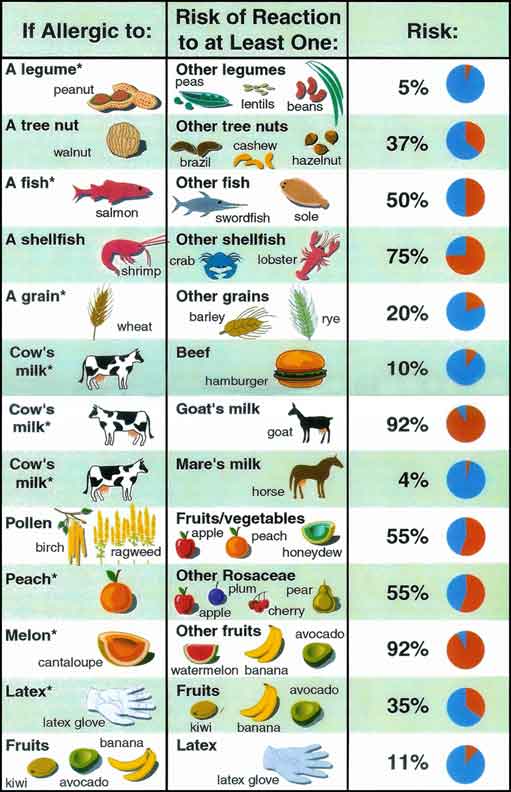What is an allergic reaction?
1 Answer
Allergies are an overreaction of the body's natural defense system that helps fight infections (the immune system). The immune system normally protects the body from viruses and bacteria by producing antibodies to fight them.
In an allergic reaction, the immune system starts fighting substances that are usually harmless (such as dust mites, pollen, or a medicine) as though these substances were trying to attack the body.
This overreaction can cause a rash, itchy eyes, a runny nose, trouble breathing, nausea, and diarrhea.
An allergic reaction may not occur the first time you are exposed to an allergy-producing substance called an allergen.
For example, the first time you are stung by a bee, you may have only pain and redness from the sting. If you are stung again, you may have hives or trouble breathing. This is caused by the response of the immune system.
Most allergic reactions are mild, and home treatment can relieve many of the symptoms. An allergic reaction is more serious when severe allergic reaction (anaphylaxis) occurs.
There are many types of allergies. Some of the more common ones include:
Food allergies, medicine, insect venom, or even to natural rubber (latex).
Year-round symptoms (chronic allergies) are most likely to occur from exposure to animal dander, house dust, or mold.
(WebMD)
Some people really are allergic to exercise. In rare cases, physical activity such as walking, dancing, or swimming can cause anaphylaxis.


